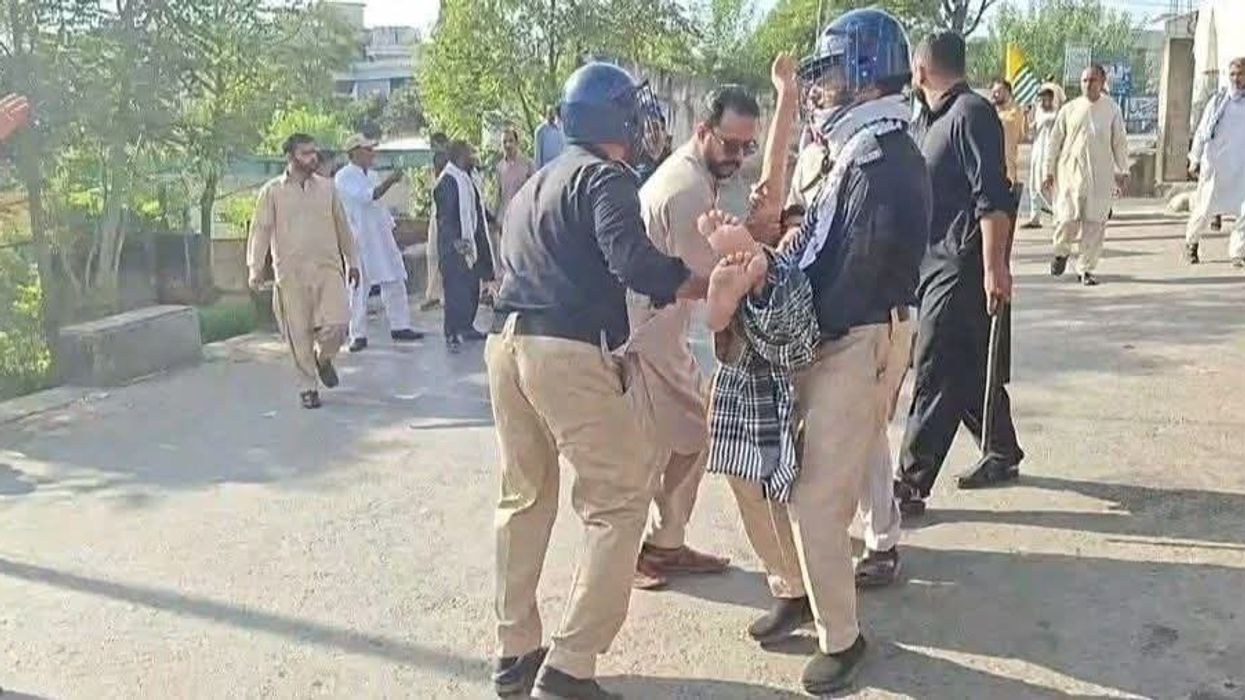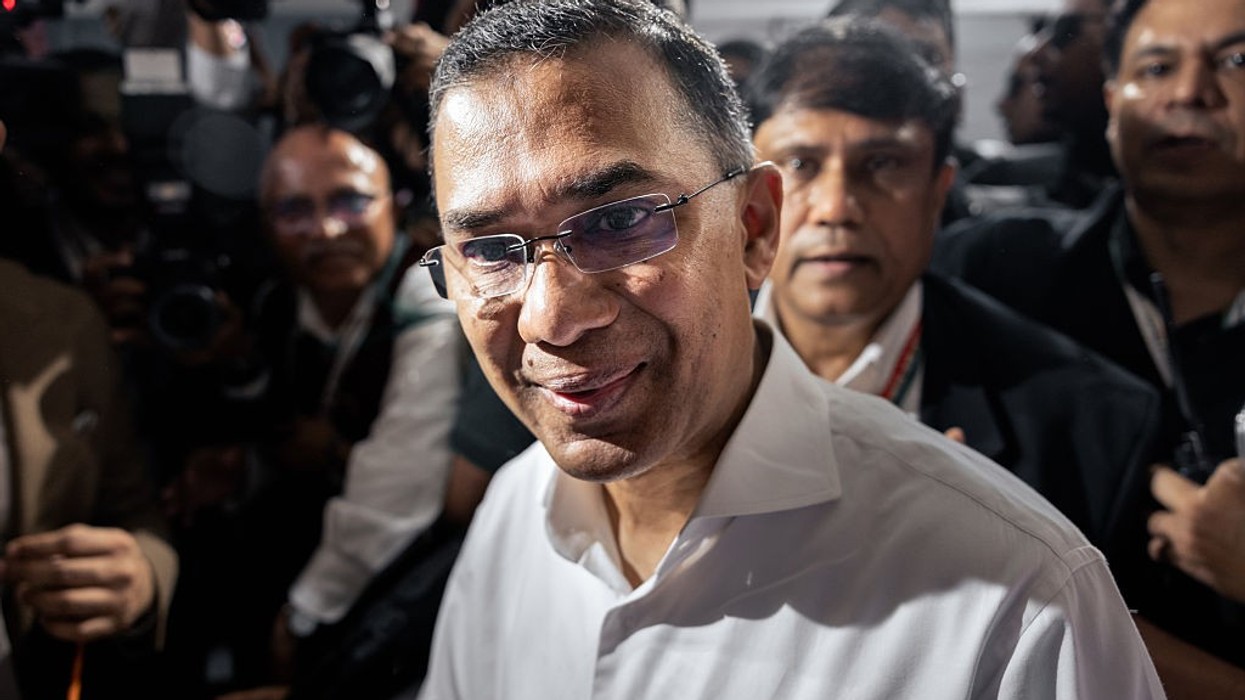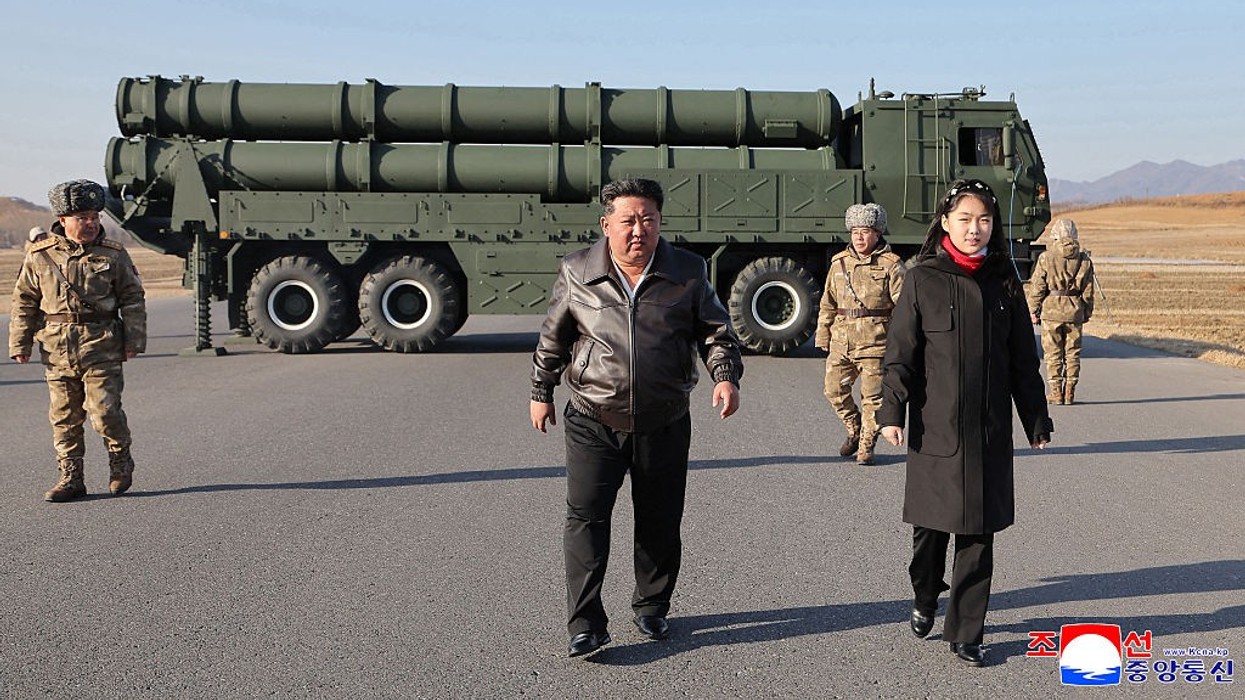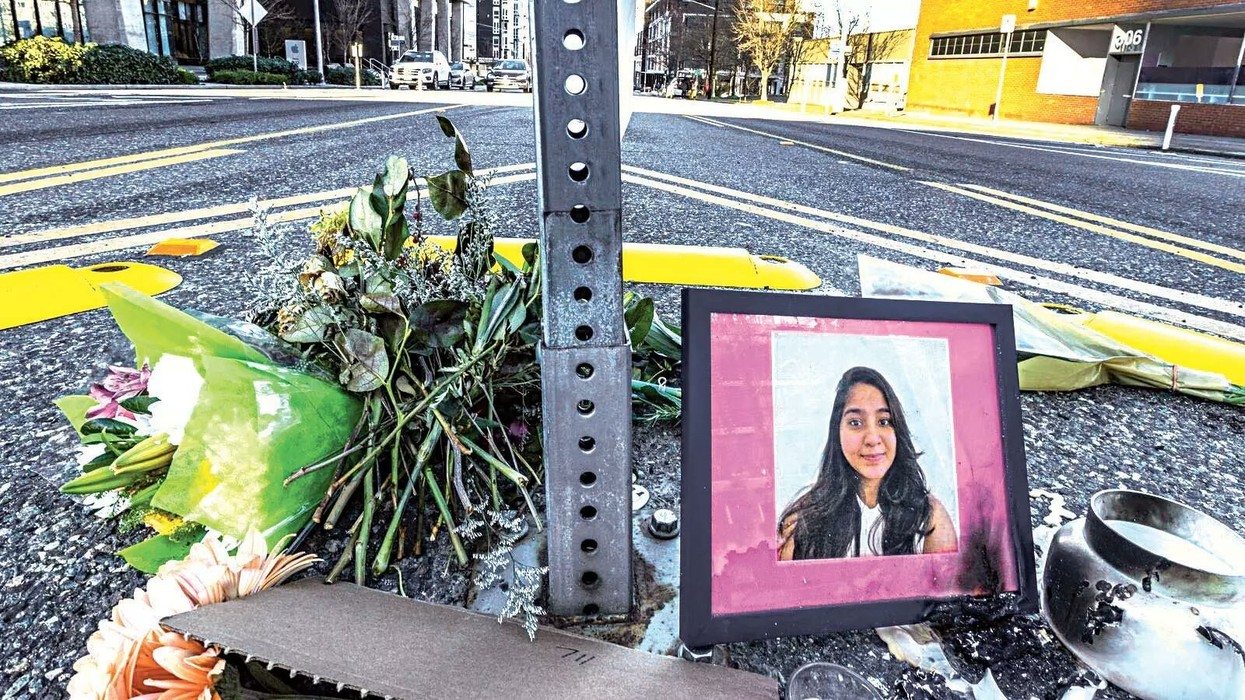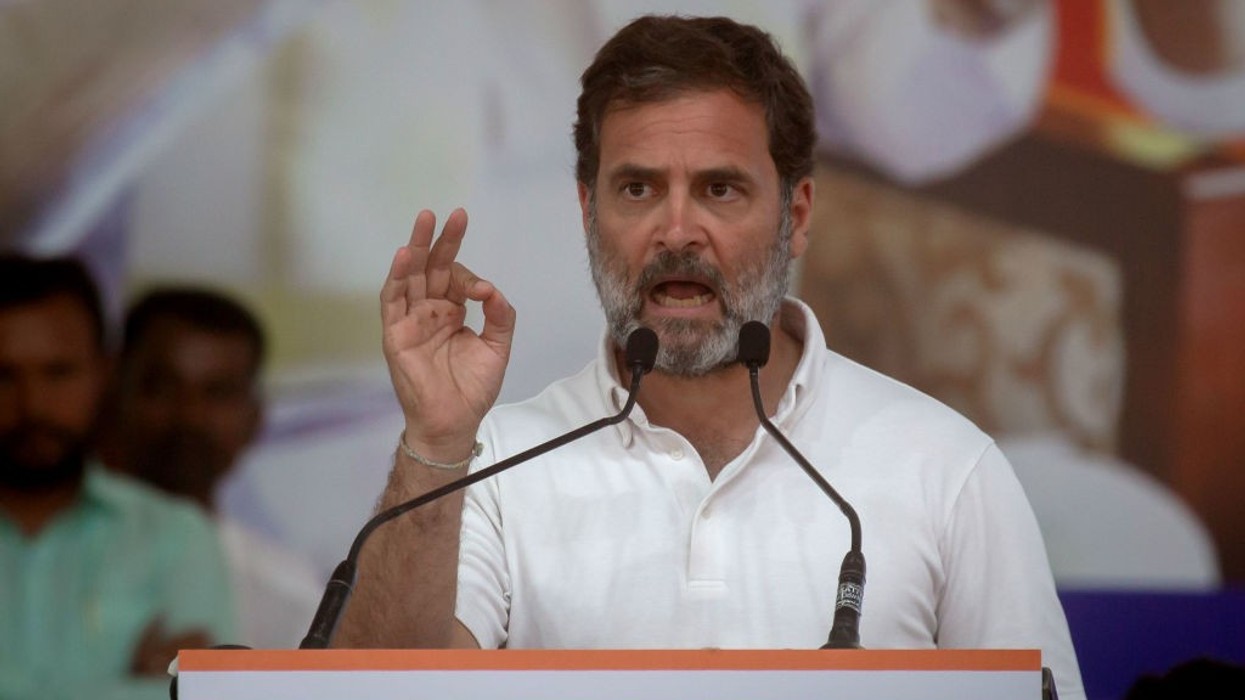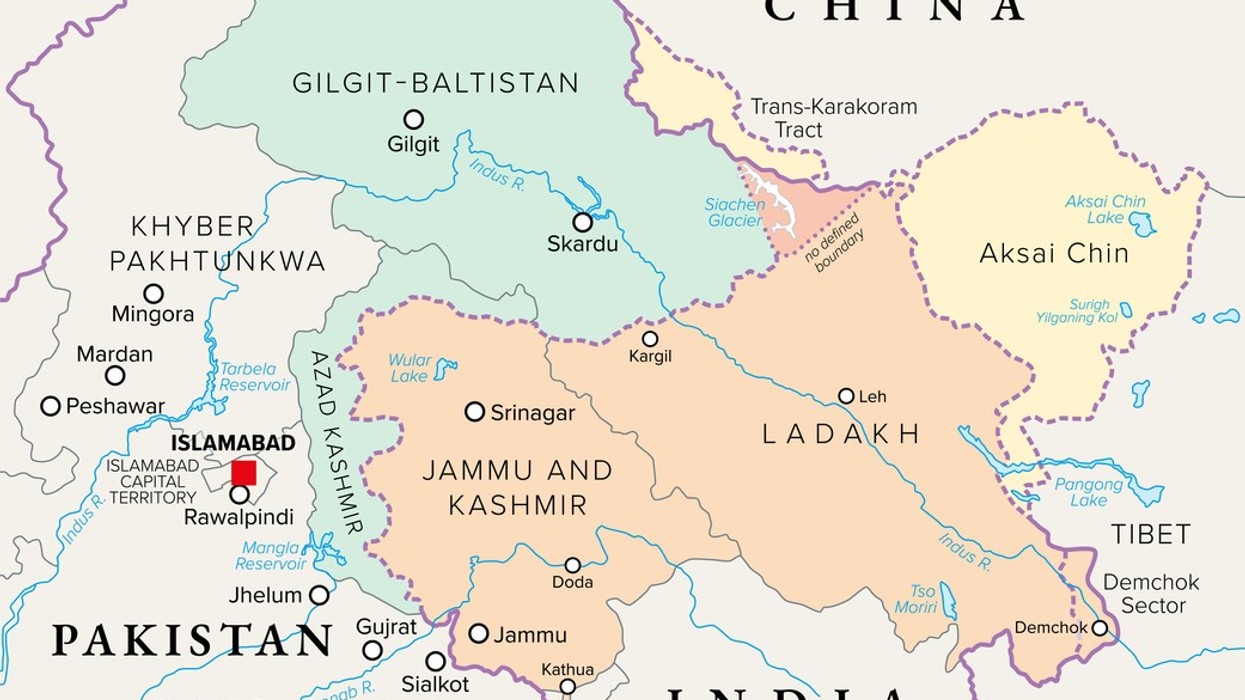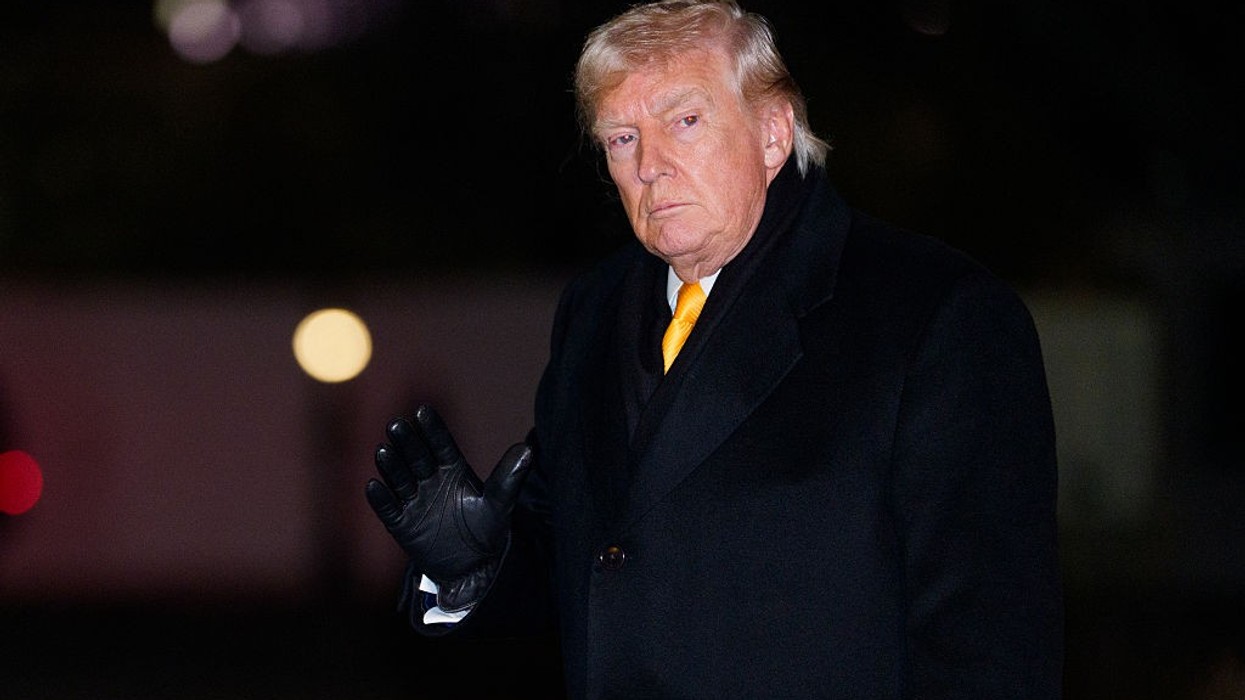Pakistan-administered Kashmir is currently engulfed in one of the largest civil unrest movements in recent memory. Thousands of citizens, under the banner of the Awami Action Committee (AAC), have taken to the streets in a sweeping demonstration against the government led by Shehbaz Sharif.
These protests have been organised as a 'shutter-down and wheel-jam' strike, effectively shutting down businesses, blocking roads, and halting public transportation across major districts, including Muzaffarabad, Mirpur, Kotli, Rawalakot, and the Neelum Valley. The strike, which has the potential to become indefinite, represents a robust assertion of long-standing grievances rooted in political marginalisation, economic neglect, and denial of fundamental human rights that locals allege have persisted for over 70 years.
Core demands of the protesters
The Awami Action Committee has released a detailed 38-point charter reflecting the diverse but deeply interconnected problems faced by the people of PoK. Central to their demands is the abolition of 12 legislative assembly seats reserved for Kashmiri refugees residing in Pakistan.
Protesters argue that these seats undermine local democratic representation and accountability since they are filled by elite refugees whose interests do not align with those of permanent residents. This demand is situated within a broader call for genuine autonomy and self-governance reflective of the region’s unique political and social challenges.
Alongside political reforms, the AAC demands immediate economic relief measures, including subsidized flour and essential goods to counter rampant inflation, fairer and locally adjusted power tariffs tied to the Mangla hydroelectric project that exploits PoK's natural resources, and the implementation of long-delayed structural reforms promised repeatedly by Islamabad.
Government crackdown and security clampdown
In response to the escalating protests, the Pakistani government has deployed a massive security apparatus, including thousands of troops and paramilitary forces moved in from Punjab province and reinforcements from Islamabad. Armed convoys have staged flag marches in major PoK towns, while checkpoints and city entry-exit points have been sealed to contain the demonstrations. Furthermore, communication blackouts have been imposed, with internet, mobile, and landline services suspended from midnight onwards to disrupt protest organization and mobilization efforts.
Authorities label the security measures as necessary to maintain law and order, but these moves have heightened tensions and fomented fears of more severe crackdowns. Videos from the region reveal a visible, heavy-handed presence, contrasting sharply with peaceful protester conduct. Despite this, protesters remain resolute in their commitment to peaceful but uncompromising demonstrations.
Breakdown of talks and political stalemate
Protests have been further exacerbated by the recent collapse of marathon negotiations between AAC leaders, the PoK administration, and Pakistani federal ministers. These talks, initially promising, ended inconclusively after thirteen hours, with the AAC refusing to relinquish their demand to end the privileges granted to elite refugee assembly members. This breakdown signaled a stalemate, pushing protest leaders to intensify their agitation instead of retreating.
Shoukat Nawaz Mir, a key AAC leader, has voiced the collective frustration of many: "Our campaign is not against any institution but for the fundamental rights denied to our people for over 70 years. Enough is enough. Either deliver on rights or face the wrath of the people." His words encapsulate the rising impatience with Pakistan’s governance approach in PoK.
Economic and social context of the protests
Underlying the political demands is widespread dissatisfaction with basic living conditions, including soaring inflation, energy tariff hikes, and the absence of critical infrastructure such as hospitals, schools, and transportation facilities like airports. Citizens associate many of these hardships with systemic neglect and corruption within the PoK administration, further compounded by Islamabad’s control over key decisions.
The protests are also marked by a cultural assertion, with locals chanting slogans demanding freedom from "forced occupation" by Pakistan. This sentiment indicates that beyond economic and political demands, there is a deep-rooted yearning for identity recognition and self-determination.
Regional and international implications
The significance of these protests extends beyond PoK's borders. Pakistani authorities are concerned about the potential ripple effects on the PoK diaspora in countries like the United States, the United Kingdom, and across Europe, where similar demonstrations are anticipated to internationalize the issue. Globally, the unrest may add pressure on Pakistan’s Shehbaz Sharif government, which is simultaneously balancing diplomatic overtures, including improved ties with the US under President Donald Trump.
Heightened instability in PoK not only risks deteriorating Pakistan’s image internationally but also complicates South Asian geopolitical dynamics, particularly relating to the Kashmir dispute. The unfolding crisis underscores the fragile and complex nature of governance in contested territories where local populations feel sidelined by central authorities.
Waiting for 'Azad Kashmir'
Pakistan-occupied Kashmir is profoundly in flux, caught between persistent demands for political and economic justice and a firm government crackdown attempting to maintain control. The ongoing mass protests organized by the Awami Action Committee reflect decades of unresolved anger and a collective rebellion against marginalization. While the government’s response aims to suppress dissent, it risks further alienating residents and escalating instability.
What happens next in PoK will likely influence the political trajectory of the region for years to come, marking a potential turning point in its long-running struggle for rights, representation, and dignity under Pakistani administration. The world watches as thousands of residents patiently but determinedly march for their fundamental freedoms, reflecting a deeply human quest for fairness and justice amid political upheaval.
